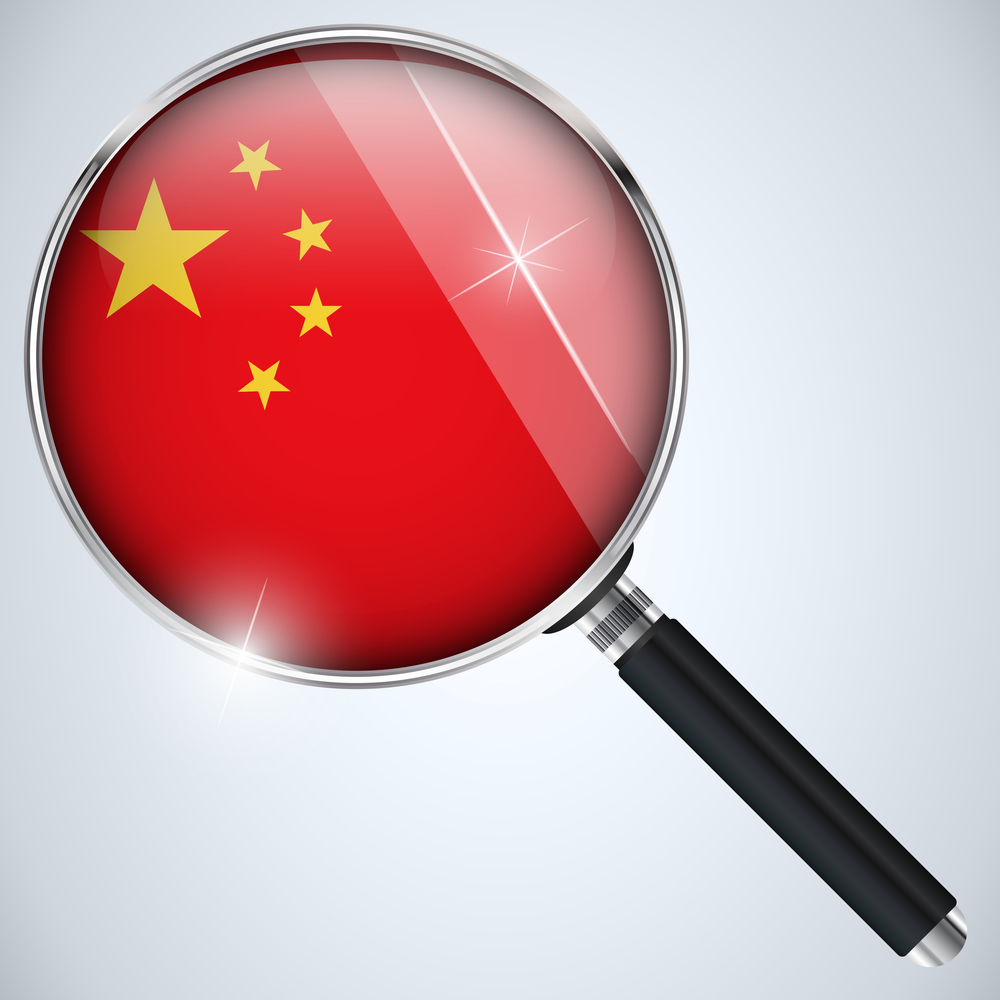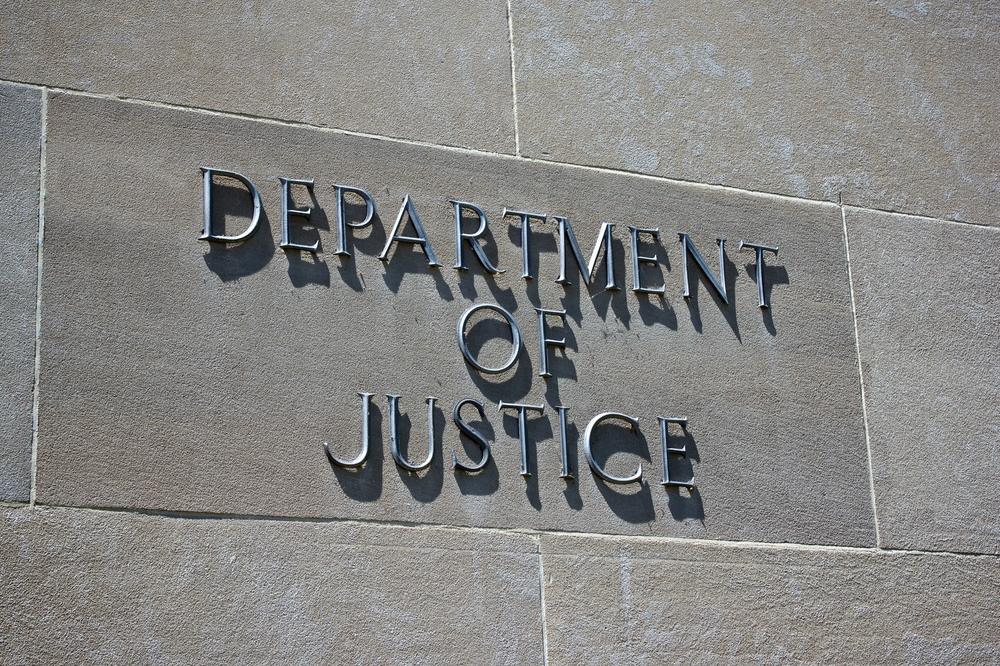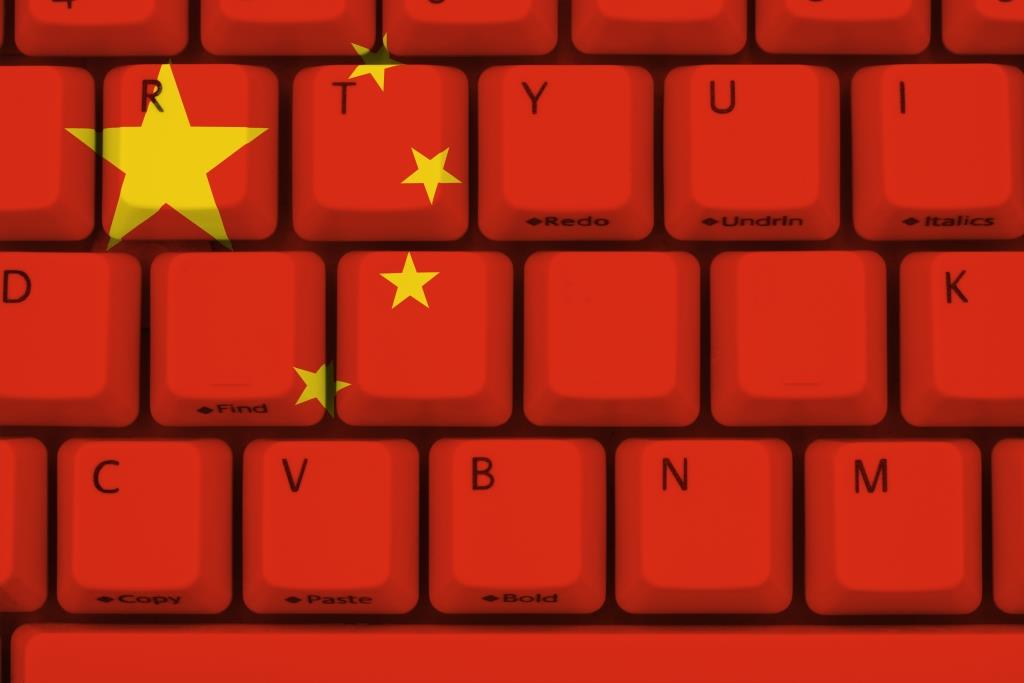Tensions recently escalated in the United States and China’s ongoing exchange over online security and technology policies, as China adopted the first in a series of policies it previously approved at the end of last year. Among other things, the newly adopted regulations require foreign technology companies that sell computer equipment to Chinese banks to submit to obtrusive audits, set up research and development centers in the country, build “back doors” into their hardware and software, and, perhaps most disconcerting, disclose intellectual property to the Chinese government, including proprietary source code. READ MORE
China’s New Cybersecurity Policies: Is the Price of Compliance Worth the Risk of Disclosure?











